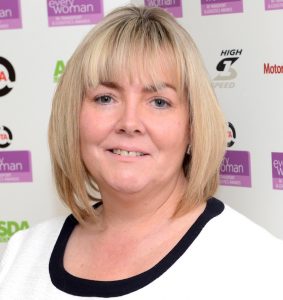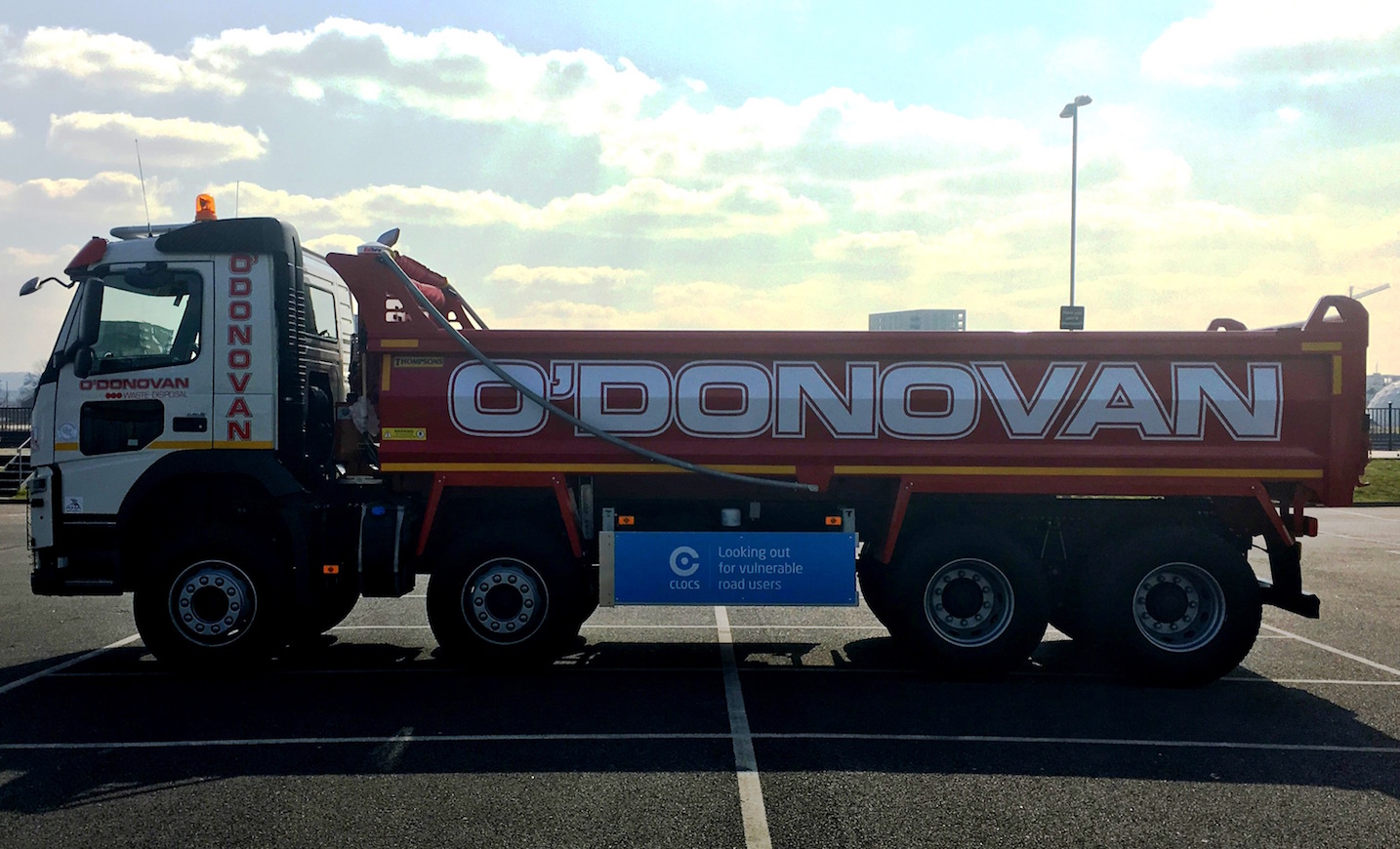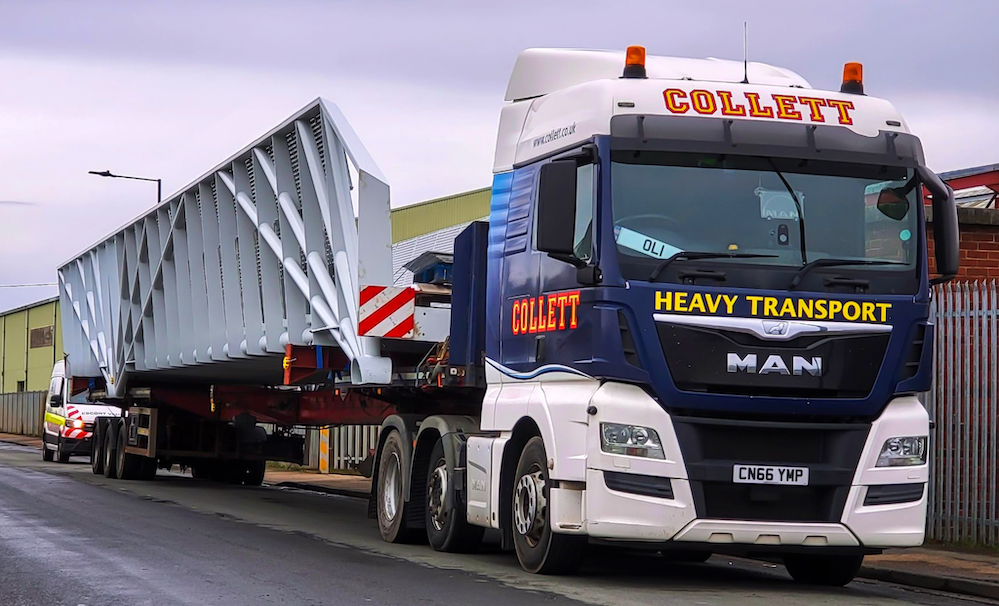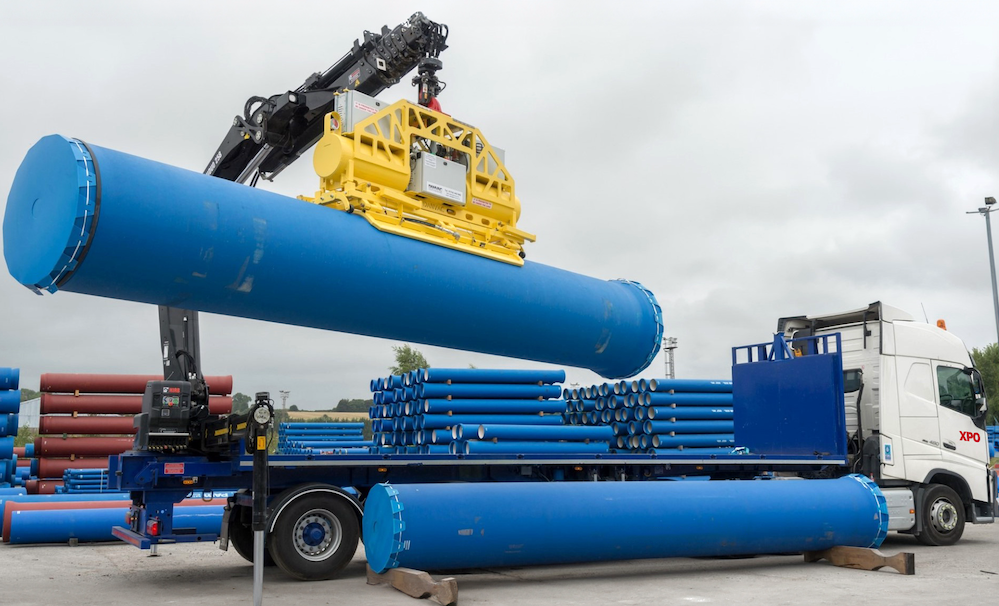Last month, the Transport Committee released a report on driver shortages in the haulage sector and it revealed that out of the 400,000 people holding a LGV licence and a Driver CPC, only 8 percent were women. This low, yet unsurprising number, seems to confirm the stereotype that has been circulating for years- that the logistics industry is a man’s world. I took over the running of my family business when I was just 19 and while being a women running a business in the 1980s was enough of a challenge, being a woman operating in construction was a complete anomaly. For me, actions have always spoken louder than words, and rather than battle to be heard through the bravado and words for the sake of words, I chose to gradually stamp my authority on the business by implementing my beliefs and making a noticeable difference, not just at O’Donovan, but the industry.

Jacqueline O’Donovan, MD of O’Donovan Waste Disposal
Don’t under estimate your abilities
As I took on more responsibility within the company, I began to challenge myself to look beyond the business and to consider how to improve the industry as a whole. Today, the time I have committed to improving safety across the sector has seen me collaborate with CLOCS, the Construction Logistics and Cyclist Safety organisation, on the design of innovative lorries and safety features which are changing the face of transport policies across the UK.
It’s easier to laugh than to cry
In the earlier years, I would often not be taken seriously when I answered the phone, with clients demanding to speak to one of the male senior members of staff. At first this frustrated me, but I just had to laugh at it and think of how I could tackle the problem head on– as the company grew, I trained all the staff as they joined, allowing me to put my own stamp on things.
Forgive their assumptions
When starting out, many bank managers would not take me seriously and I faced some tough conversations in the early days. They would presume that I was not savvy enough about the business and finances, but I took great pride in letting the numbers do the talking. Fortunately, this was not the case amongst my staff, where I only received some minor push back.
Listen and learn
When you make up such a small proportion of the workforce, the most important first step is to observe how the company operates – not just the professional working practices but the relationships and dialogue between team members, and how you can be involved in that. You can also learn a lot by trying out different roles – for instance even if you enter at a managerial level, I would suggest spending a day with the contact centre or sales team and immersing yourself in the environment. Ask questions about their role and understand their daily tasks.
Remember- Chivalry is not yet dead
Working with men day in and day out, you do build up a good rapport and they will begin to accept you as ‘one of them’, as it were. For me, the more I have worked with the other men within the company and the industry as a whole, the quicker their respect for me has grown, and they recognise my achievements and experience. That being said, chivalry is not dead. The men I encounter industry-wide are courteous towards me and respect me for who I am and what I have achieved.







